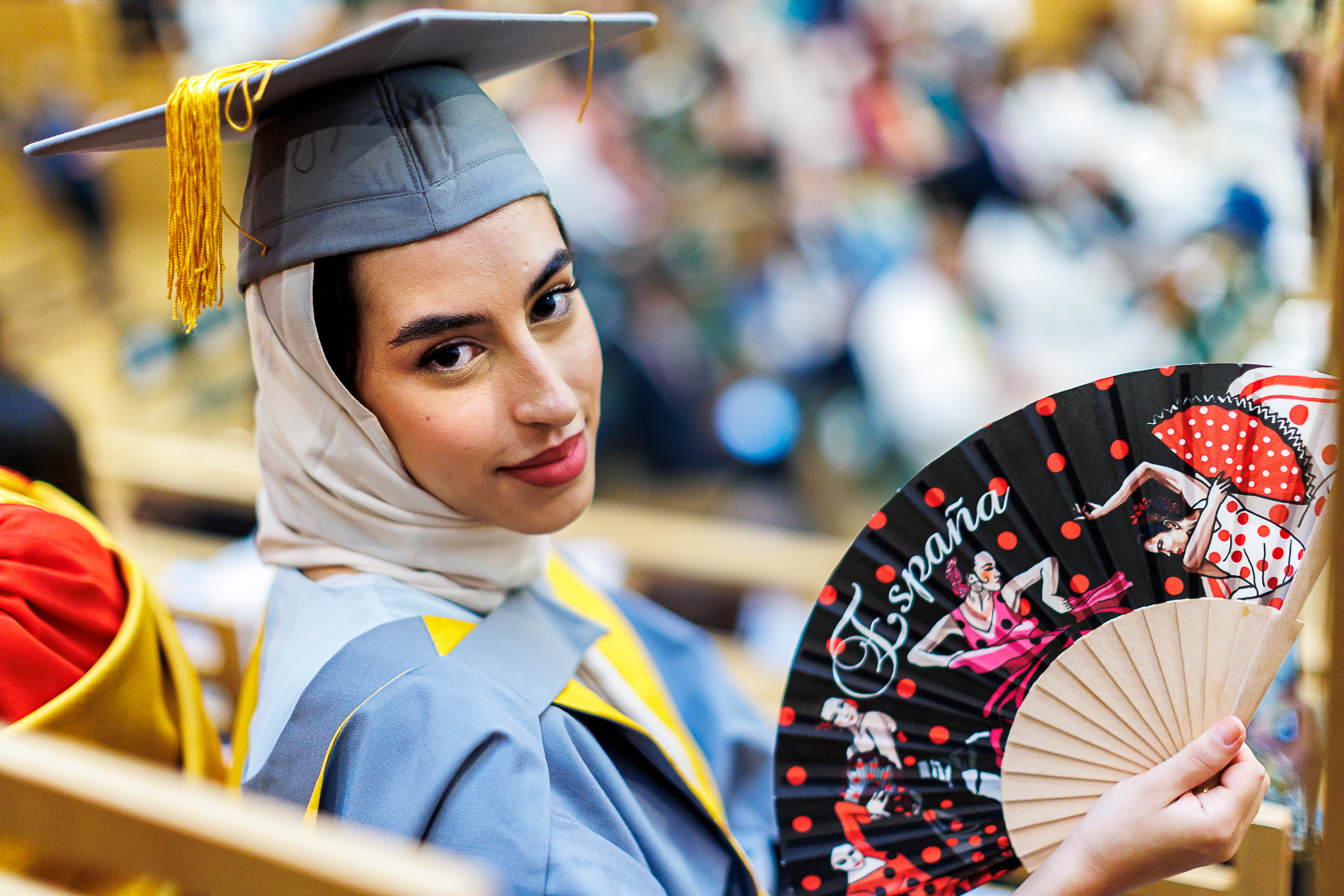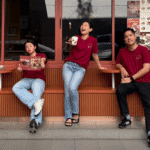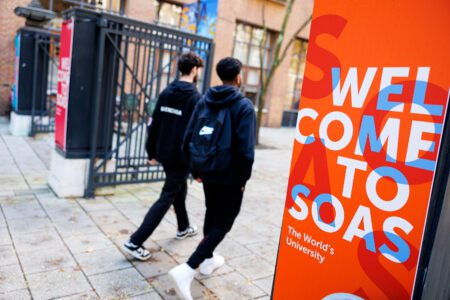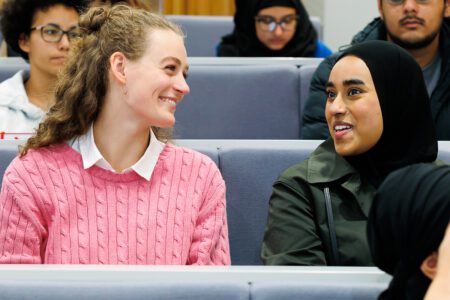Have you ever dreamed of curating an exhibition that sheds light on the talents of underrepresented artists in Africa, Asia, and the Middle East?
Well, at SOAS University of London, that’s exactly what students do. Last year, their exhibition titled “Hudood: Rethinking Boundaries” displayed contemporary art from the Arab world. With “Hudood” meaning “boundaries” in Arabic — the exhibit explored the impact of physical borders and walls on artistic expression. Students were inspired by the Barjeel Art Foundation’s collection in Sharjah, United Arab Emirates, home to one of the world’s largest collections of modern and contemporary art in the region.
In the age of Eurocentrism, voices from Africa, Asia, and the Middle East are often overshadowed in favour of Western narratives. In 2022, a study found that 83.1% of directors of top theatrical films were white, a 2% increase from 2019. Another report showed that indigenous artists account for less than 1% of mainstream music charts, while only 4% of music industry funding goes to BIPOC-led entrepreneurial projects.
That’s why the School of Arts at SOAS has made it its mission to study, research, and preserve the historical and contemporary arts of the Global South and its diaspora communities. Across three departments — the Department of Music, the Department of History of Art and Archaeology, and the Centre for Creative Industries, Media, and Screen Studies — students are equipped to challenge the global status quo and seek innovative solutions to the world’s most pressing issues. Set in the heart of London, the university places world-class art museums, large-scale music events, the West End Theatre, and more within walking distance. Inspiration here is never far from reach.
“The School of Arts is a forum for innovative interdisciplinary research and teaching,” says Dr. Charlotte Horlyck, Head of the School of Arts. “And also a vibrant and diverse community of researchers and students.”
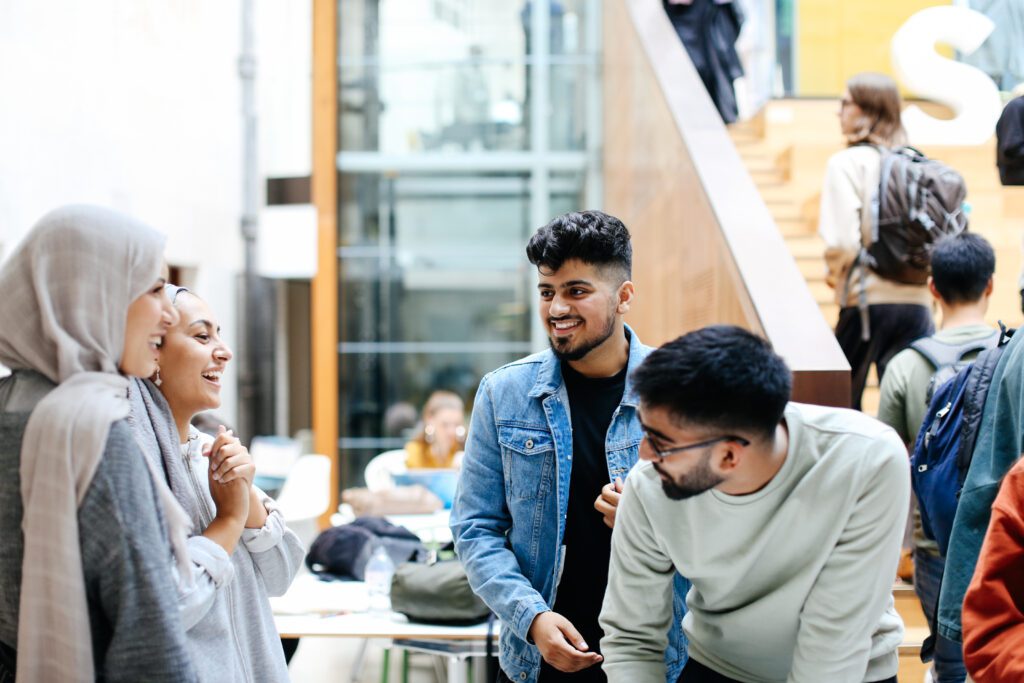
The School of Arts offers studies in visual and material arts, music and sound studies, curating, media industries, and digital cultures. Source: SOAS University of London
Decentralising Western narratives are undergraduate and postgraduate programmes designed to develop both specialised and transferable skills in you. Take the MA Music programme, for example. It’s a rarity in that it offers courses that can’t be found anywhere else: think focus areas like South Sudan, Pakistan, Morocco, Zimbabwe, and more. Students aren’t limited to studying “traditional” music; instead, they gain a broad perspective on how Global South industries have evolved over time, whether that’s in pop music, experimental sound arts, or hip-hop.
If you’re interested in deep-diving into the history, theory, and practices of the global cultural economy, then the MA Creative and Cultural Industries is the perfect choice. In courses focusing on the global film industry and music business, you will engage with cultural debates and apply theory to practice through projects like podcasting, sound recording, curating, and more.
Then there’s the MA History of Art and Archaeology programme, where you can traverse the depths of Asia, Africa, and the Middle East to explore a diverse range of undiscovered arts and material culture. SOAS also offers specialised MA programmes in the field tailored to a particular region.
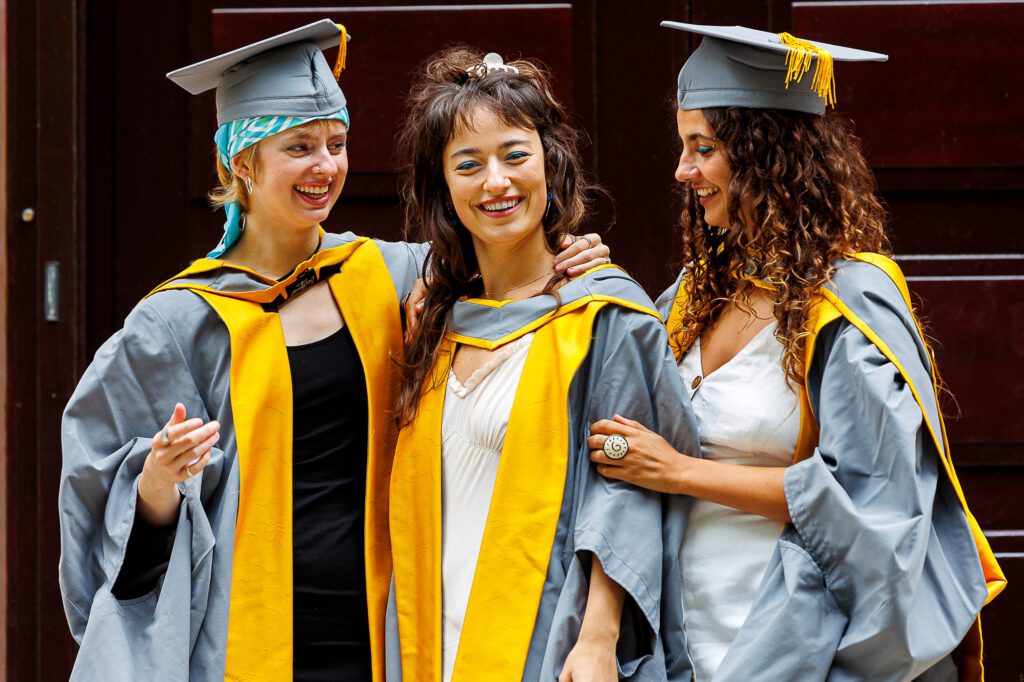
SOAS is ranked within the top 30 in the UK for Arts and Humanities, according to the QS World University Rankings 2025. Source: SOAS University of London
Theory meets lots of practice
Programmes here are designed to challenge your knowledge and skills in the real world. The MA curriculums comprise core, compulsory courses to build your fundamental knowledge, and electives which you can customise to suit your career goals. Students pursuing the history of art and archaeology must prepare and deliver museum gallery talks and object reports, while those studying the global creative and cultural industries often produce video essays as part of their coursework, with many having their work professionally published.
As a music student, you’ll get to perform in the university’s acclaimed public concert series that attracts audiences from all over London, featuring stars from across the globe. Collaborations often take place with celebrated musicians from diverse cultures, featuring plenty of singing and playing instruments. Through SOAS’s vast industry connections, students in the MA Creative and Cultural Industries have access to internship opportunities at top organisations too, such as the Rietberg Museum in Zurich or the Venice Biennale.
This immersive approach delivers results. In the 2023 QS World University Rankings, SOAS was ranked sixth in the UK for employability — and it’s easy to see why. With its graduates shaping the world with distinctive, non-Eurocentric knowledge and skillsets, they signal the value of an SOAS arts education to the world’s top organisations. Graduates from the School of Arts have been hired by the British Library Sound Archive, the Alliance for Global Education, the Hong Kong Museum of Art, the Royal Collection, and more.
Ready to get involved? Check out SOAS’s School of Arts here.
Follow SOAS University of London on Instagram, YouTube, LinkedIn, and Facebook.

